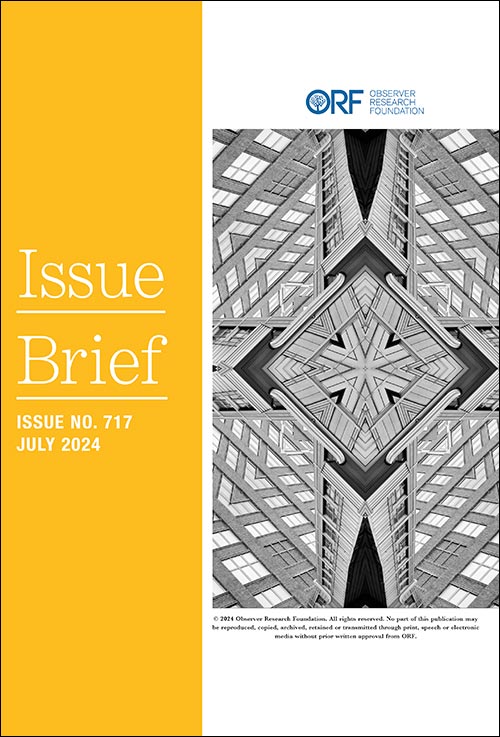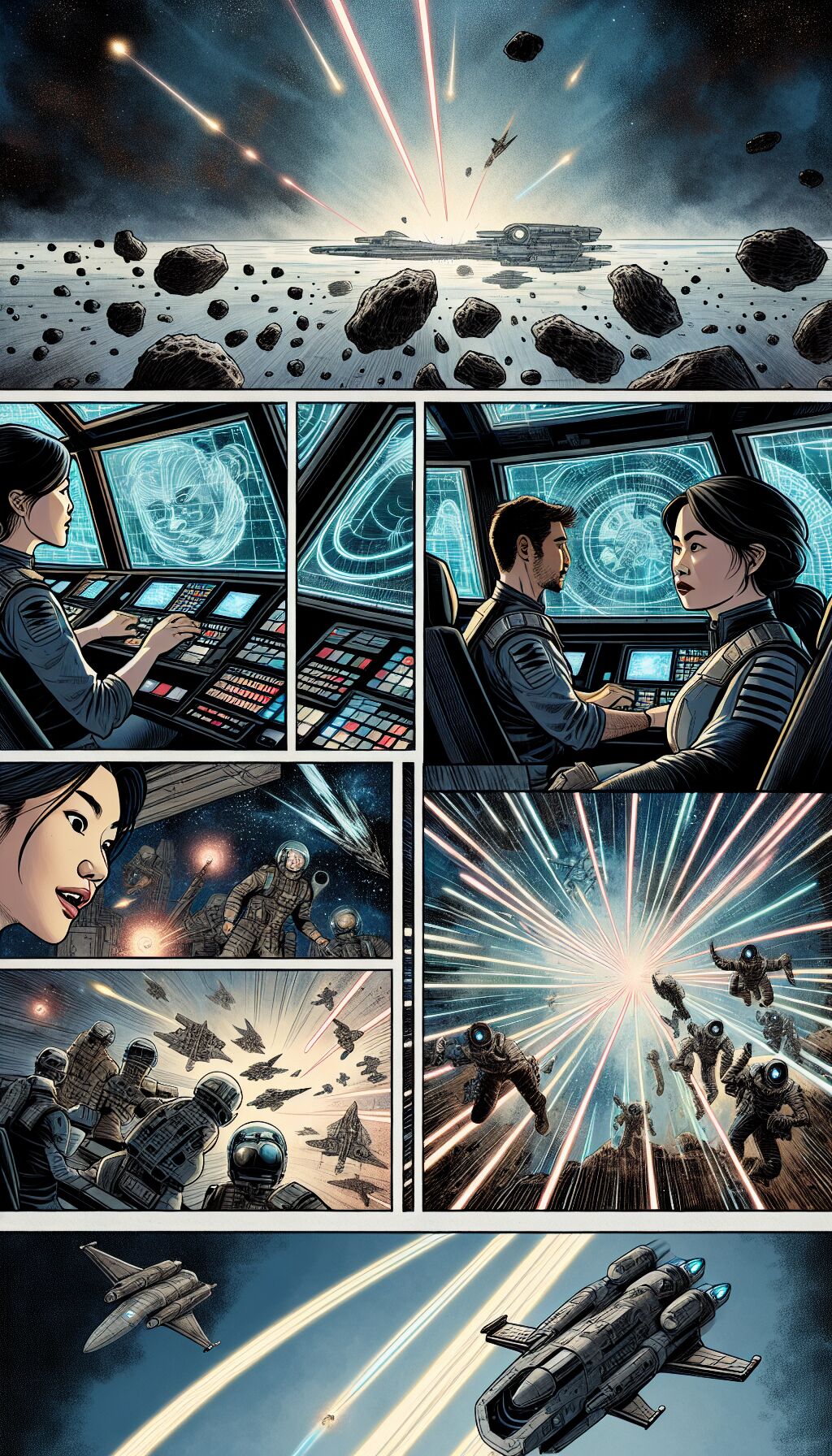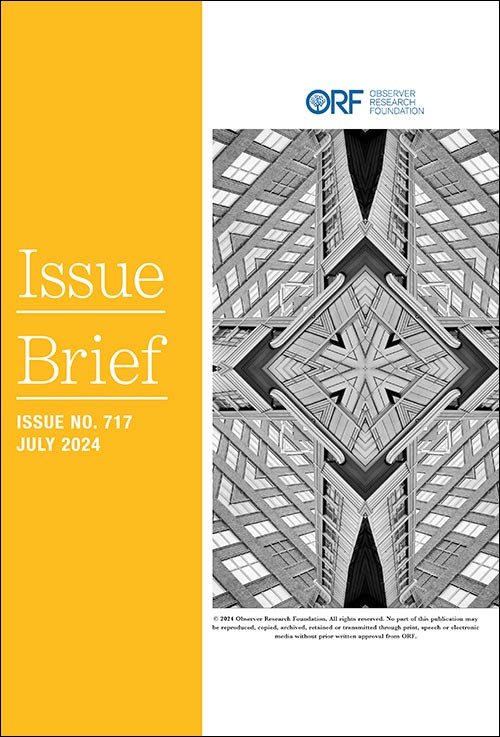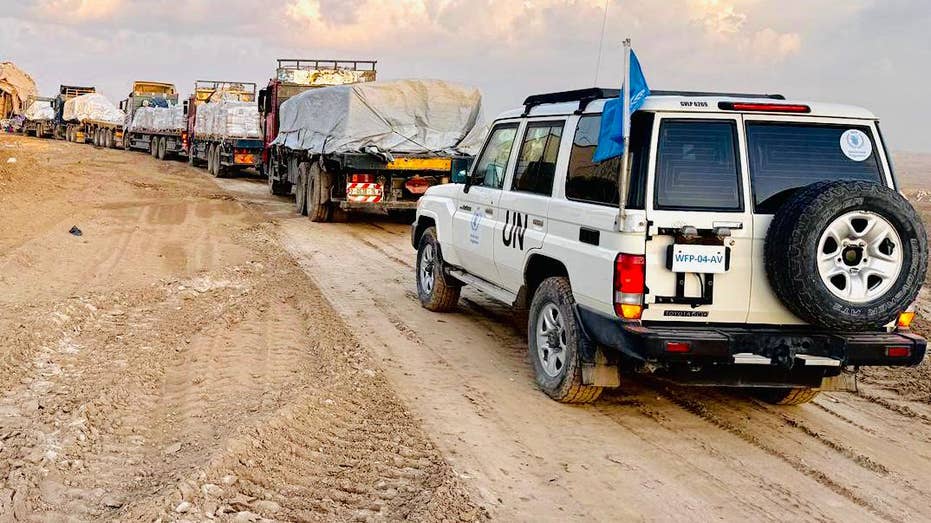
Pressure Mounts on UNRWA: Controversies and Criticisms
The United Nations Relief and Works Agency (UNRWA) is increasingly under scrutiny as allegations surface regarding its connections to terrorist leaders and the promotion of anti-Israel sentiments through its educational curriculum. Despite a strong public show of support demonstrated by 159 members of the U.N. General Assembly, who passed a resolution reaffirming “full support” for the agency, the cracks in this backing are becoming evident. A notable shift occurred recently when Sweden announced it would cease funding UNRWA, citing restrictions imposed by the Israeli government and redirecting aid to Gaza toward other organizations.
Internal Dissent Within the U.N.
Although visible support for UNRWA remains robust, unrest appears to be brewing within the organization itself. Sources informed *Fox News Digital* that several U.N. agencies have quietly discussed taking over UNRWA’s responsibilities. Notably, the United Nations Development Programme (UNDP) has emerged as a leading advocate for this transition, claiming such a move could facilitate peace in the region.
However, U.N. Secretary-General António Guterres has reportedly dismissed these suggestions, creating tensions throughout the organization. A source indicated that while some within the U.N. recognize the challenges and controversies facing UNRWA, efforts to raise alarms or propose alternatives have been stifled by senior officials. Citing concerns about functions such as fuel distribution and waste management, Guterres allegedly opposed the UNDP’s willingness to handle these tasks within Palestinian territories, despite international aid organizations, led by the UNDP, preparing to increase their Gaza operations.
UNRWA’s Position and Guterres’ Reflections
In response to growing concerns, Guterres’ spokesperson, Stéphane Dujarric, reiterated that no agency can replace UNRWA due to the extensive scope of its responsibilities, especially in health and education. Dujarric emphasized Guterres’ commitment to ensuring humanitarian access in Gaza, advocating for the release of hostages held by Hamas, and pursuing a political solution aimed at achieving peace for both Israelis and Palestinians.
The UNDP released a statement denying any intentions to supplant UNRWA, echoing Guterres’ view that the agency is “irreplaceable” and remains the “principal means” for supporting Palestinian refugees. Nonetheless, skepticism regarding UNRWA’s role continues to grow, particularly following revelations linking some of its personnel to the terror attacks on October 7 in Israel.
Escalating Criticism and Calls for Accountability
Criticism of UNRWA is not a recent phenomenon, but it has intensified in light of new allegations. UN Watch, a Geneva-based non-governmental organization, has presented evidence suggesting ties between UNRWA and terrorist groups, a claim that the agency has dismissed as “disinformation.” Hillel Neuer, Executive Director of UN Watch, has characterized UNRWA as a “terror-infested organization” that nurtures hatred and dependency, impeding any potential for peace. In the coming weeks, UN Watch plans to publish a comprehensive 150-page dossier that details its findings on the agency’s operational ties to extremist factions.
In defense of its activities, UNRWA has highlighted its contributions, stating that it has provided over 6.8 million primary health consultations and essential food aid, as well as mental health support in Gaza since October. Nevertheless, critics argue that a mere 13% of aid distributed to Palestinians is funneled through UNRWA, with the majority being managed by other organizations, such as UNICEF, the World Food Programme (WFP), and the World Health Organization (WHO).
Israel’s Skepticism and UNRWA’s Future
Israel has also voiced doubts about UNRWA’s effectiveness. An Israeli security official labeled the agency as a “weak player” in comparison to other humanitarian entities that operate more autonomously. The agency’s fundraising capabilities have notably decreased amidst growing speculation regarding its connections to terrorism.
Despite these mounting critiques, U.N. General Assembly members have reaffirmed their support for UNRWA, cautioning against any moves to dismantle or weaken its mandate. However, the Assembly acknowledged that UNRWA must implement independent review recommendations and address its ongoing financial and operational challenges.
Defending UNRWA’s Existence
In a recent op-ed, UNRWA’s Commissioner-General Philippe Lazzarini defended the agency, warning of a “dystopian” future that could result from its dismantlement. He argued that UNRWA’s continued existence is crucial for maintaining the prospects of a two-state solution, asserting that its dissolution could catalyze chaos and obliterate any hope for a peaceful resolution in the region.
Divided Opinions on UNRWA’s Impact
Contrastingly, UN Watch’s Hillel Neuer contended that rather than serving as a solution, UNRWA embodies part of the problem. He described UNRWA as “an arsonist masquerading as a firefighter,” positing that the agency perpetuates hatred and obstructs the path towards Palestinian self-reliance and peace. Neuer advocates for UNRWA’s dissolution as a necessary measure for advancing the cause of peace in the region.
Conclusion: An Uncertain Future
As the debate surrounding UNRWA’s future intensifies, the agency’s role and its alleged complicity in escalating tensions within the region remain focal points in the broader context of the Israeli-Palestinian conflict. Questions over its operational integrity and effectiveness will undoubtedly continue to dominate discussions and influence international perspectives on humanitarian aid in conflict zones.


















